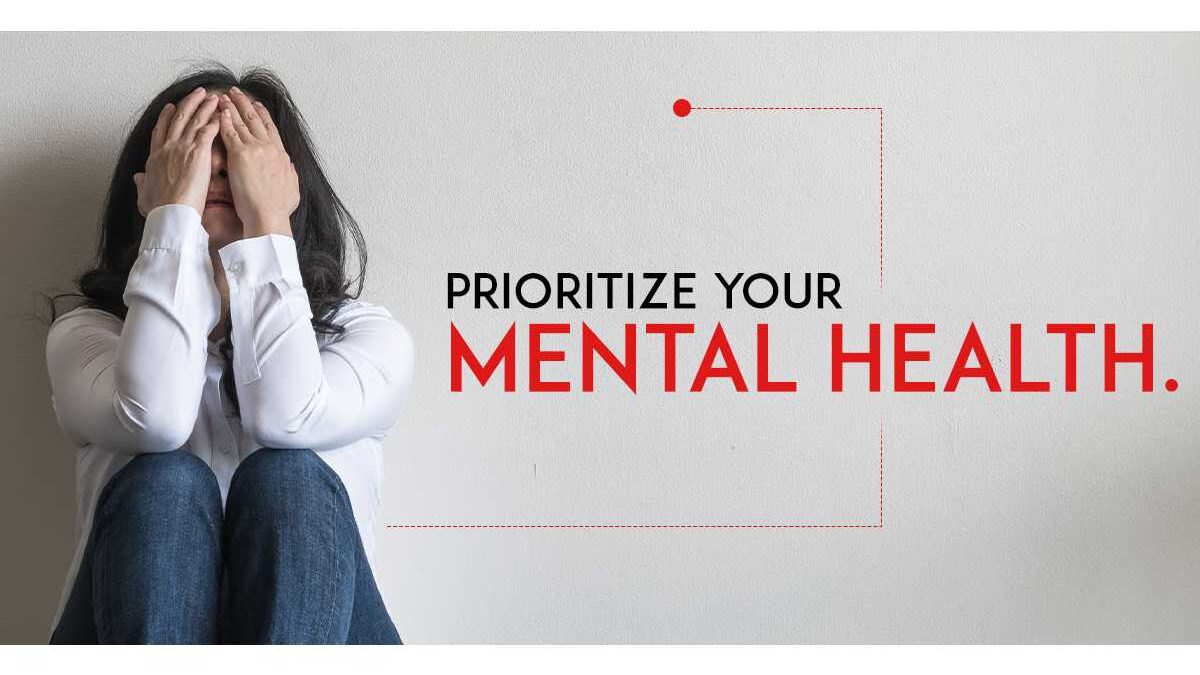Is there a connection between chronic pain and mental health? If you have experienced chronic pain or live with someone struggling with pain, you have likely noticed signs of mood swings, depression, or anxiety. As reported by the National Institute of Health, about 85% of patients diagnosed with chronic pain struggle with severe depression. Based on this clinical study, there is a close link between chronic pain and mental health. So, how does chronic pain affect mental health? Continue reading to understand the effects of persistent pain on your mental well-being.
Table of Contents
How Chronic Pain Causes Depression and Anxiety
The existence of a bi-directional feedback loop in the brain drives the effect of chronic pain on mental health. What does this loop do? When you are in pain, you cannot be productive, and sleeping well becomes challenging because of physical discomfort. The outcome is feeling tired, having low self-worth, and being misunderstood or sometimes rejected. You may also have a difficult time envisioning your life without pain. Such feelings contribute to psychological stress and moodiness, which elevates your pain. While there is no proven way to escape pain, there are several steps you can take to manage it, prevent mental disorders, and even improve your quality of sleep.
Ways to Cope with Chronic Pain
Whether you are struggling with joint pain, lower back pain, neck pain, or even frequent headaches, here is how to cope with it.
1. Control Your Stress Levels
As reported on Healthline, there is a connection between chronic pain, increased stress, and high levels of cortisol – the body’s stress hormone. With that said, controlling stress levels is an effective way to prevent or reduce persistent pain. How do you control or manage stress? Try listening to soothing music and getting enough sleep. Also, seek ways to add more joy to your life. For example, watch comedy, play online slots or video games, or draw and paint to help calm your mind.
2. Eat Healthy
The food you eat can cause or worsen pain. Therefore, stick to foods that enhance the digestive process, keep sugar levels in control, reduce heart diseases, and aid in weight loss. Your diet should entail:
- lean meat
- low-fat milk, cheese, and yogurt
- vegetables
- fruits
- whole grain cereals and bread
- cooked dried beans
These foods are rich in nutrients and antioxidants that eliminate toxins in the body, thus decreasing the risk of inflammation or pain.
3. Exercise
When you workout, your body releases endorphins, which relieve pain by blocking pain signals and improving your mood. Physical activity is also a great way to manage a healthy weight and control blood sugar levels. Remember, being overweight puts strain on joints, resulting in pain. If you have diabetes, controlling sugar levels is vital to avoid inflammation that triggers pain.
4. Consult a Pain Doctor
While a healthy diet and exercise reduce pain, you cannot overlook the need for pain medication, especially if your pain persists or coincides with an incurable condition like cancer, asthma, or diabetes. However, it would help if you did not depend on over-the-counter painkillers, as they could have significant implications for your health. Instead, consult a professional pain doctor to help tailor a medication plan for your specific needs.
Pain doctors at Oklahoma Interventional Spine & Pain believe that by addressing pain’s emotional, physical, and mental impact, they can provide a comprehensive pain relief solution that improves your overall health and wellness. So, ensure your doctor offers a holistic and collaborative approach to pain management.
5. Talk to Yourself Positively
Chronic pain can make you think negatively about yourself. To counter negative thoughts, talk positively about yourself. Alternatively, write positive affirmations about what you are thinking, for instance, instead of thinking you cannot overcome pain. Tell yourself you are working towards healthy methods to deal with the pain. As the pain reduces, remind yourself it is less today than yesterday.
6. Try Alternative Treatments
You can choose to combine alternative therapies like massage, yoga, meditation, and acupuncture with medication or independently. Whatever option you choose, these therapies help relax your mind and reduce muscle tension, which often increases chronic pain.
Conclusion
It is easy to assume that chronic pain affects your physical health only. But persistent pain can have a toll on your mind, making you more vulnerable to psychological disorders like depression and anxiety. And the more depressed or anxious you feel, the more pain you feel. The good news is there are simple techniques you can incorporate into your daily life to cope with pain. This integration includes eating healthy and exercising, avoiding stress, and positive self-talk. You can also incorporate massage therapy, yoga, and acupuncture into your treatment regimen to lower pain. Equally important, consult a pain doctor for a customized pain relief solution.

